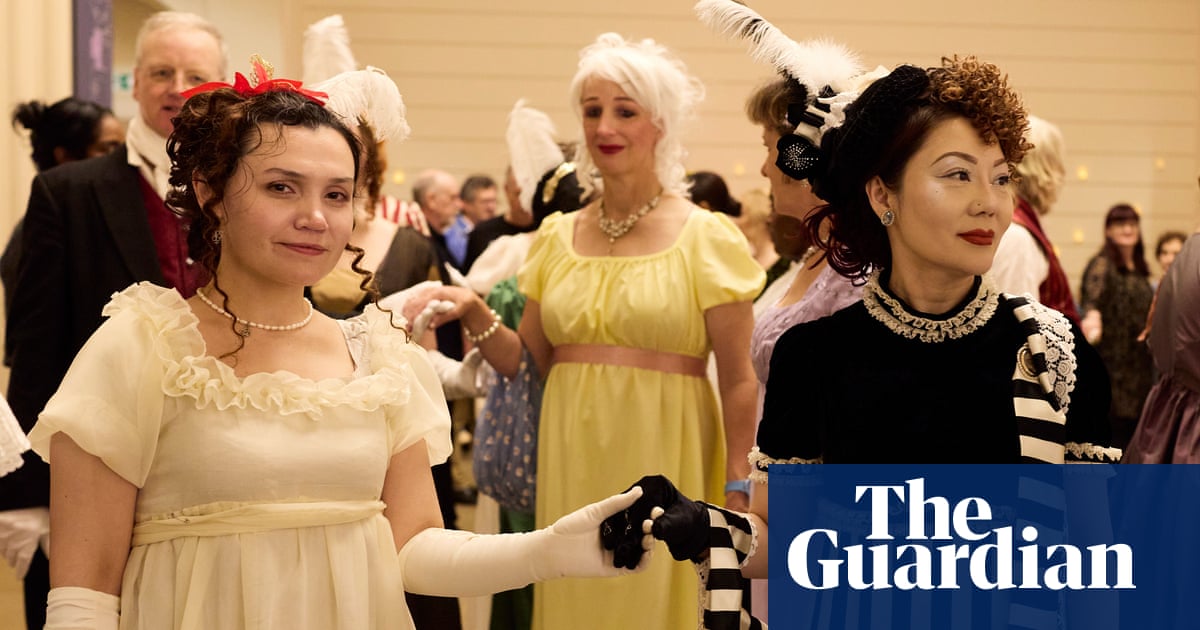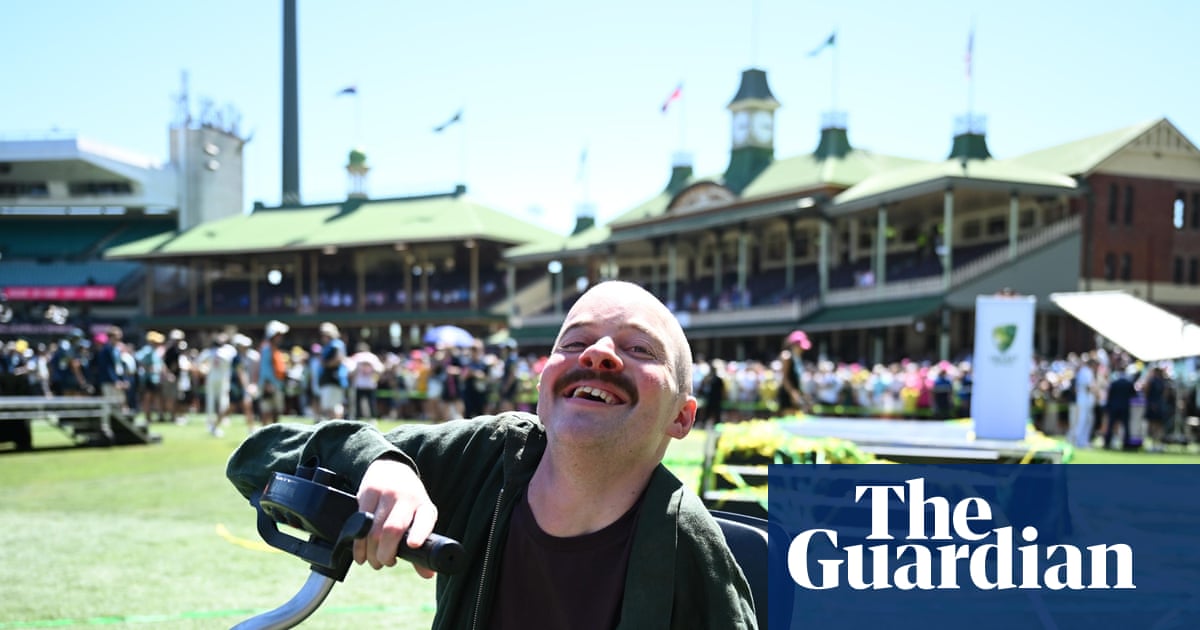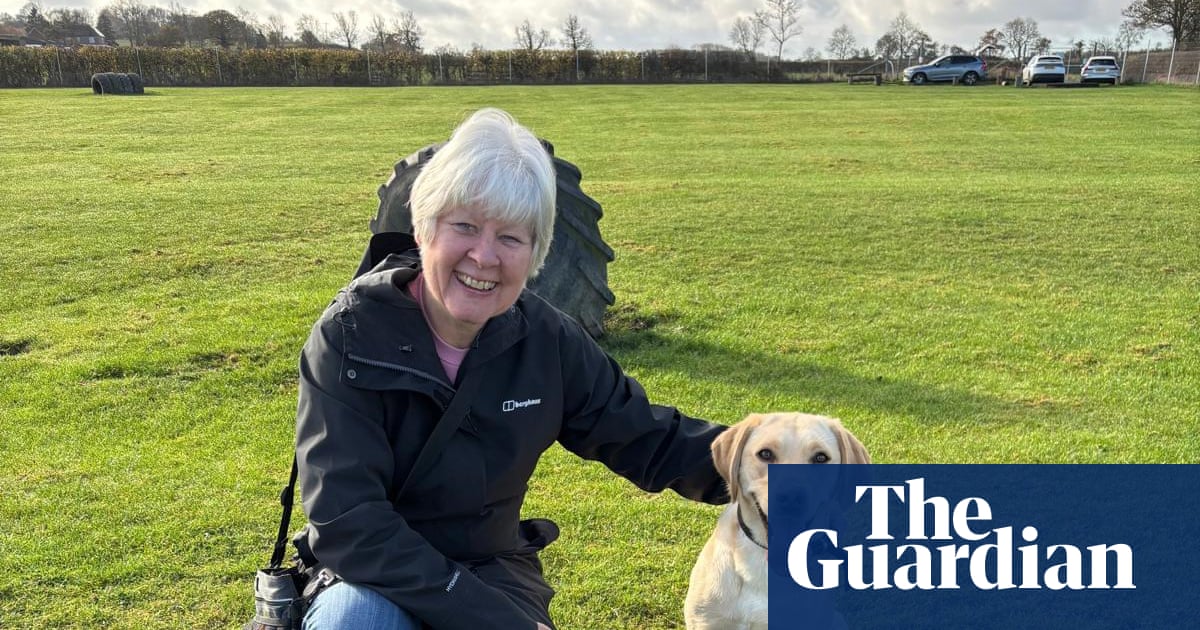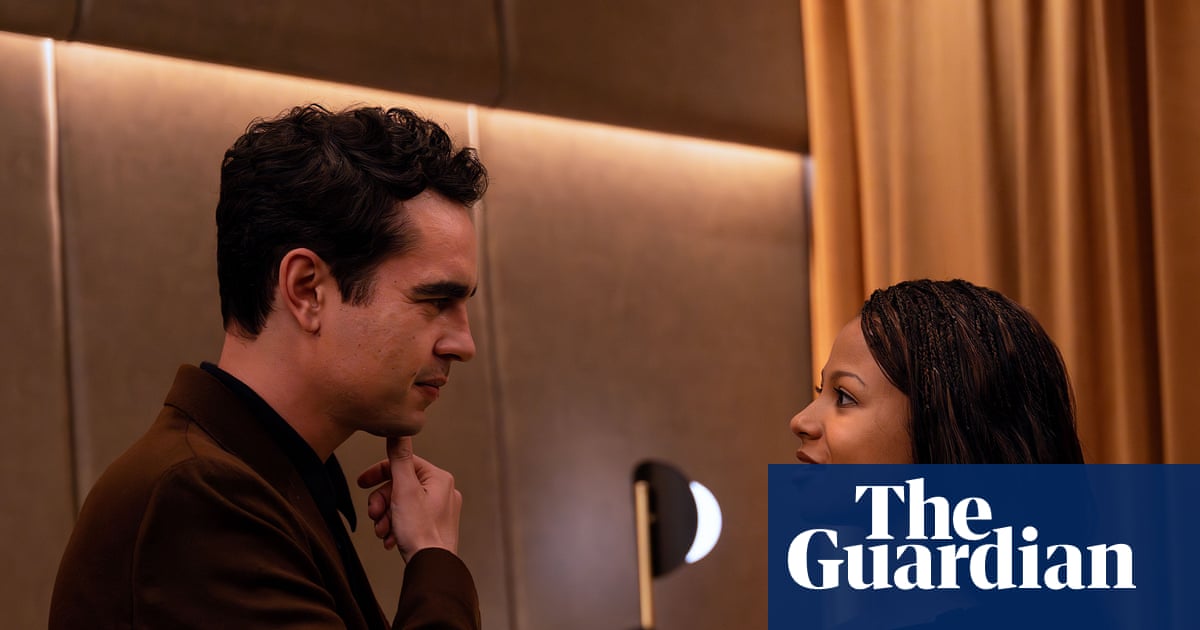When Prima Facie premiered at the Stables Theatre in Sydney in 2019, it sliced through the theatre landscape. Suzie Miller’s one-woman drama about a criminal barrister confronting the brutal inadequacies of sexual-assault prosecutions has since become a global phenomenon.
This year she combined courtroom, theatre and her domestic sphere in a more ambitious work, Inter Alia, commissioned by London’s National Theatre and starring Saltburn’s Rosamund Pike, who plays a crown court judge whose teenage son is accused of sexual assault by a girl he has grown up with. While Prima Facie puts the complainant’s experience under the microscope, Inter Alia pivots the lens to ask: what happens when the wrongdoer is one of your own? What happens when the values of feminism and law collide with the instincts of motherhood?
“I’m trying to refocus on how sexual assault doesn’t fit neatly into the judicial system as it stands,” Miller says. “It’s not just about law. It’s about community values.”
Inter Alia sold out before Pike started rehearsals, and received glowing reviews, with the Guardian calling it “a searing commentary on the justice system and a purposefully uncomfortable insight into contemporary parenting”. There has been speculation about a West End remount but, in the meantime, a filmed version is on screens in the UK and will land in Australian cinemas this month. A novelisation will be published in 2026.
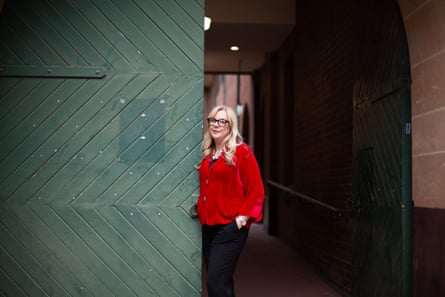
Prima Facie and Inter Alia explore a system Miller knows intimately: its procedures, its blind spots and its language. “When you’ve stood beside someone in court, you understand the theatre of it,” Miller says. “But you also see where justice fractures. Theatre lets me interrogate those fractures in ways the law never can.”
As part of her writing process Miller interviewed female judges and lawyers – many, like Miller, mothers of sons – about a potentially ruinous conundrum: what if the system I uphold one day ensnares my child?
“Every woman I know says they live in fear of their son being accused of something and ending up in prison,” Miller explains. “Not because they want to excuse bad behaviour, but because they know the system is brutal and binary. Some women want perpetrators jailed. Others want acknowledgment, apology, repair. But the law rarely allows for anything between acquittal and a custodial sentence.”
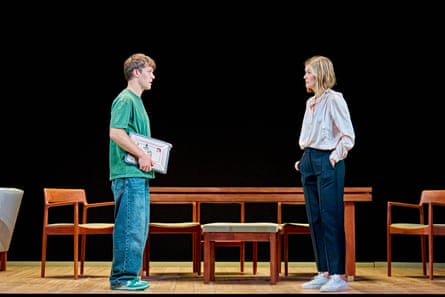
Inter Alia has been compared to the Netflix hit Adolescence: both ask audiences to consider how boys are inducted into masculinity and what happens when parents, particularly mothers, are shut out of that conversation.
“You raise these gorgeous, rambunctious boys,” Miller says, “and then as teenagers, mothers become less relevant. They’re looking for male mentors, and I don’t think they’re finding them. Instead they get the internet, porn, locker-room banter. We don’t equip them with tools to navigate that space. And we hand over their education in sex and relationships to the internet.”
Miller also interviewed men over 40 to glean insights for the father character in the play. Many confessed to uncomfortable memories of youthful encounters at drunken parties, and described a culture at that time where “playing hard to get” was part of the script and notions of consent were hazy. “A lot of men said they were scared to look back too closely,” Miller says. “It’s not that they think they raped anyone but they can’t be absolutely sure that the other person’s experience might not have been very different.”
In Inter Alia, Pike’s character is both judge and mother; the play shifts between the high rhetoric of the courtroom and the chaotic multitasking of family life. “When she’s in court she can control the narrative,” Miller explains. “At home she can’t. That’s what women recognised in the play, the endless invisible labour, the way crises always default to mum, the humour of juggling it all. I’ve spoken to a lot of women who said, ‘I didn’t realise I did this every day until I saw it on stage.’”
Pike’s riveting performance marked the actor’s return to live theatre for the first time in 14 years. Miller was impressed by her bravery. “This was a brand-new play, untested, sold out before she arrived at rehearsal,” Miller says. “She knew there’d be constant rewrites. That takes courage. But she has such elegance, such physicality. Working with an actor of that calibre lifts the writing enormously.”

Miller hints that Inter Alia may be the second in a loose trilogy. “I’ve looked at it from the complainant’s side, now from the family’s side,” she says. “The next one will be another portal again.” She is also developing new works for London, Sydney and Brisbane next year, including a drama based on the creation of the Australian women’s football league titled Strong Is the New Pretty.
Miller confesses to feeling wary of being pigeonholed as a crusader-playwright bent on reforming the justice system. Her work, she insists, is less about answers than questions but the questions cut deep.
What if the blunt instrument of criminal law is the wrong tool for the nuance of sexual consent? How do we raise sons who can be respectful in all the worlds, real and virtual, that they inhabit? And what represents “justice” to female victims of sexual violence?
“If the only punishment is prison, who will ever apologise? Who will ever admit they overstepped? We need other avenues. Sex lives are messy. Drugs, alcohol, youth … they complicate it. The law makes it binary, but lived experience isn’t binary.”
-
NT Live’s filmed production of Inter Alia by Suzie Miller is in UK cinemas now and will be in Australian cinemas from 25 September

 3 months ago
94
3 months ago
94



